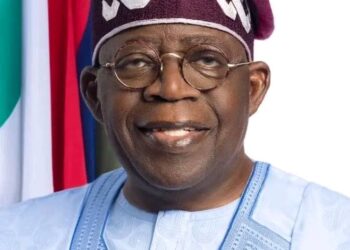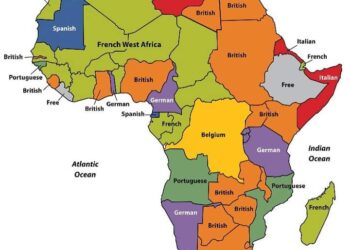United Nations Children Fund (UNICEF) has introduced new strategists to ensure enrolment of girls, retention and completion of schools in northern states.
At the launch of the initiative in Zamfara state recently, the Fund, which had just completed its Cash Transfer Programme and Educate A Child (EAC) initiatives in Sokoto, Niger, Katsina and other states, is working towards making boys arbiters to girls’ education.
Tagged “Male Champions for Girls’ Education”, the Fund is proposing that male students should often encourage their female counterparts on the need to attend schools.
UNICEF’s Education Specialist, Azuka Menkiti, said in Zamfara at a round table with media practitioners that half the number of female, who completed their primary education, could not go further to secondary school as a result of male influence.
“The target is to have increased demand, retention, enhance self-esteem and improve transition of girls from lower to upper level of basic education”, she said.
She said the initiative would bring additional one million female children into primary four to six, adding that besides boys encouraging their female counterparts, groups like Mothers Association and Mentors Association, were working hard to ensure girls’ retention in schools.
Giving an overview, Menkiti, said the primary goal of G4G was to “empower girls with knowledge, skills and confidence needed to enroll and remain in school, completing the full course of education so they could be role models to other girls in their communities”.
She also explained that the G4G empowers girls with information and knowledge to help build their capacity to stand up for themselves.
While stating that the project was aimed at creating equal opportunities for girls to access education, she said the G4G initiative was a component of the Girls’ Education Project Phase 111 being implemented in northern Nigeria through a collaboration between UNICEF Nigeria and the federal government with funding from the United Kingdom Department of International Development (DFID).
“This phase of the Girls Education Project seeks to help put one million girls in school, support them to remain in school and improve their learning achievement. The focus states have the highest number of girls who do not attend school in Nigeria.”
“It is worthy to note that girls are very important part of our society and indeed a high percentage of success in developmental processes in any society can be associated to them because of the peculiar space they occupy in homes and the roles they play in the society at large.”
“We all know that the G4G initiative is a component of the Girls’ Education Project Phase 111 being implemented in northern Nigeria to help support girls to remain in school and improve their learning achievement.
“There is need to appreciate that some progress has been made in this bid but a lot still needs to be done considering the fact that a large number of girl children are yet to be captured in the programme.
Specifically, the Champions for Girls’ Education, is expecting the male students to mix-up with the girls, stopped harassing them, but make them to feel the sense of belonging and being in schools.
Already, the federal government has given it full backing to the new initiative through the Federal Ministry of Information and Culture’s Child Right Information Bureau (CRIB).
The Minister, Lai Mohammed, whose speech was presented on his behalf, commended UNICEF, UN agencies and other partners for ensuring that basic is given the girl-child in northern parts of the country.
“I wish to commend UNICEF and all other partners for their partnership with the federal and state government of Nigeria and for their support to ensuring that basic education is brought to the girl child in Northern Nigeria.
The minister appealed to the media to come up with well defined reports and stories to sensitise the people, especially the fathers on the need to enroll their female children in school.
In the same way, CRIB’s Head of Advocacy, Olumide Osanyinpeju, said the project was launched in August 2017 and identified the focus states for the G4G initiative as Bauchi, Niger, Katsina, Sokoto and Zamfara states.



